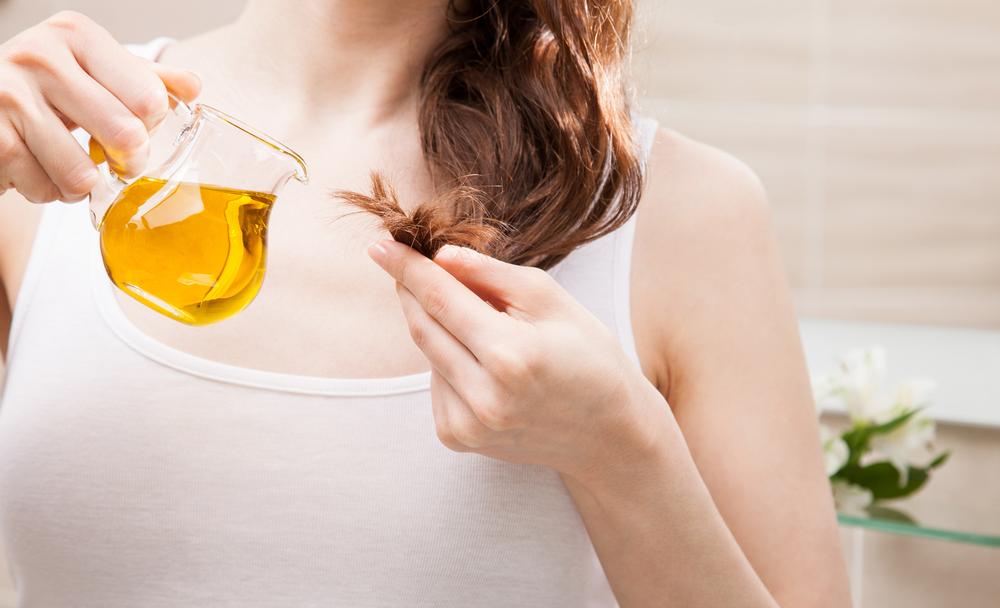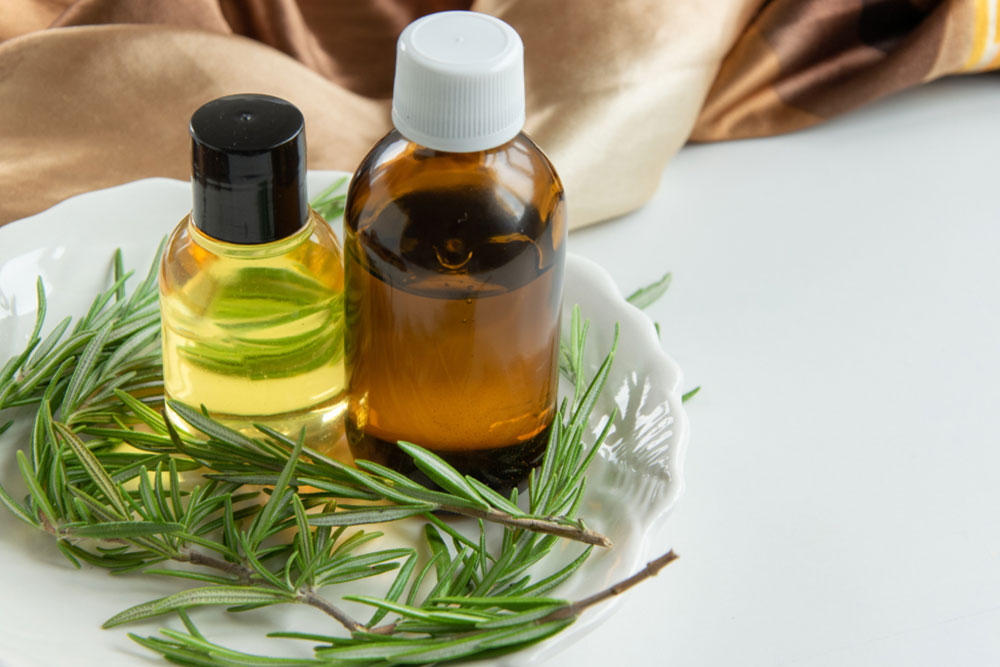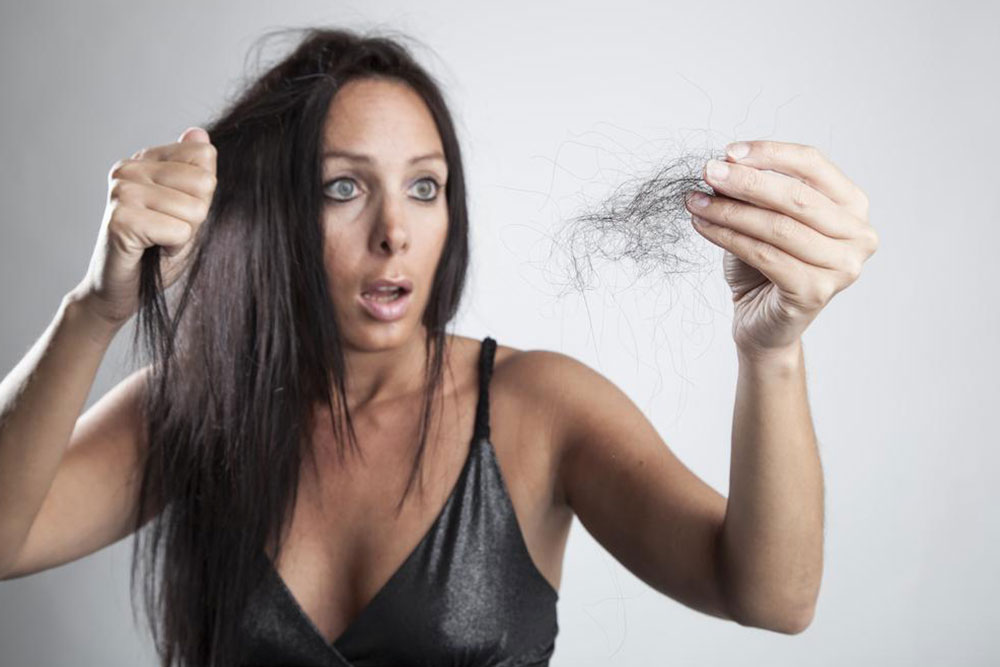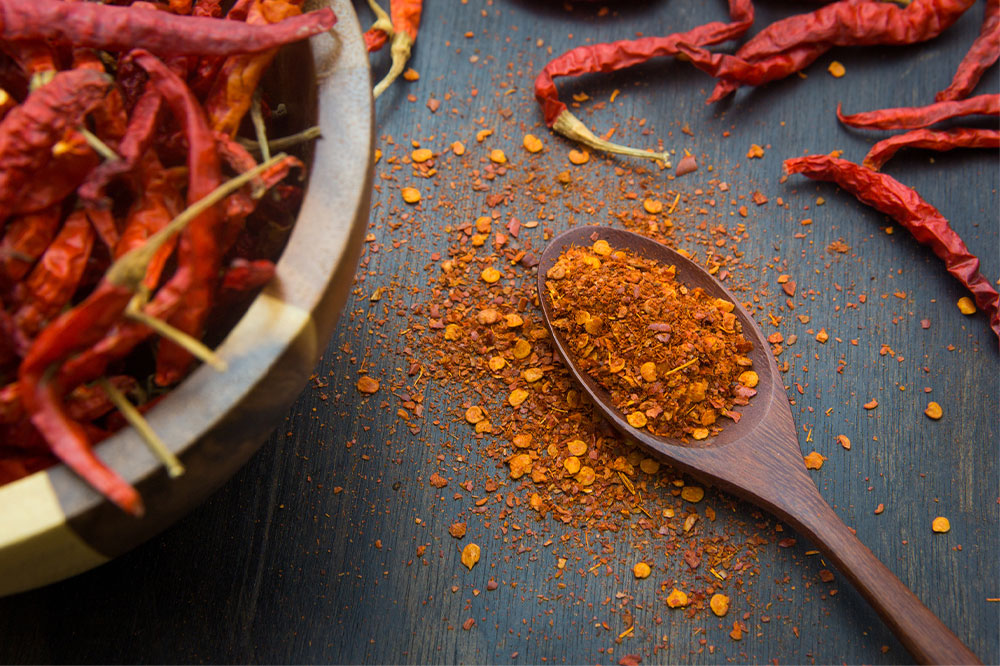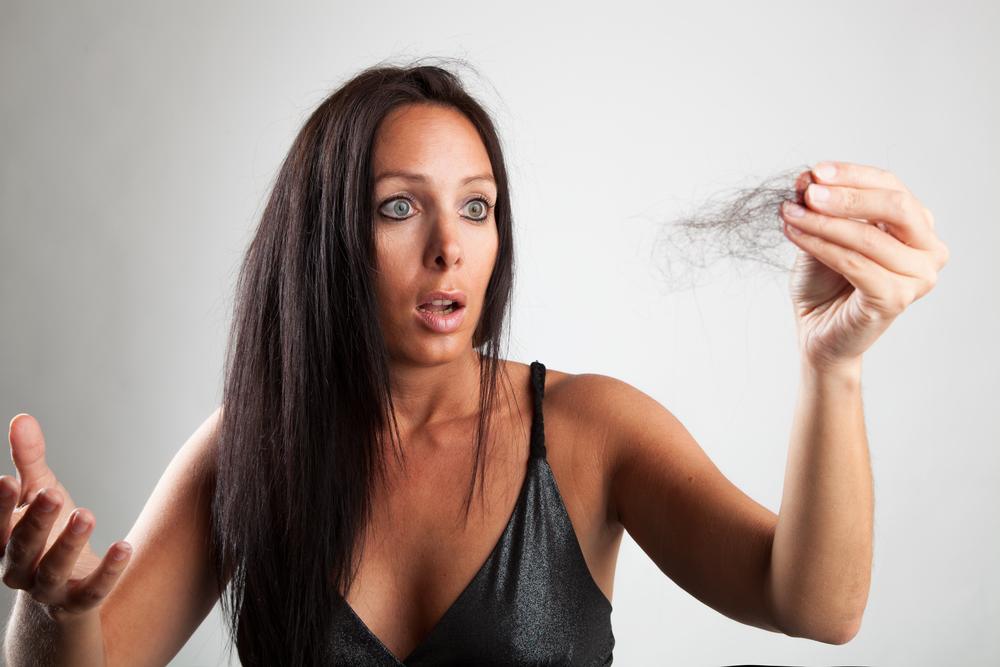Effective Natural Strategies to Prevent Hair Loss and Revitalize Damaged Hair
Discover the top natural remedies to prevent hair loss and repair damaged hair. This comprehensive guide covers effective solutions like coconut oil, eggs, aloe vera, amla oil, onion juice, and fenugreek seeds, offering safe and natural ways to restore your hair's strength, shine, and health. Ideal for those seeking chemical-free hair care options, these remedies promote growth, reduce breakage, and nourish hair from root to tip, ensuring you maintain beautiful, resilient hair naturally. Start your journey to healthier hair today!
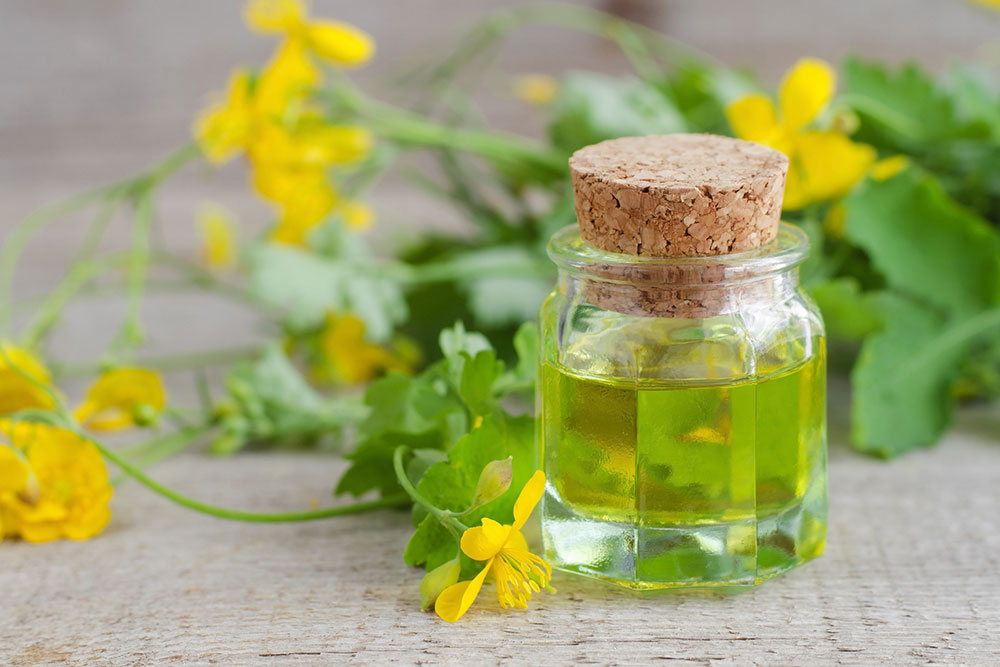
Effective Natural Strategies to Prevent Hair Loss and Revitalize Damaged Hair
Hair health is an essential aspect of personal grooming and self-confidence. Unfortunately, many individuals experience hair fall and damage due to a variety of reasons, including genetics, environmental factors, nutritional deficiencies, and careless hair care routines. Whether you're facing early signs of thinning hair or dealing with brittle, damaged strands, exploring natural remedies can provide a safe and effective solution to restore hair vitality. Unlike chemical treatments, these home-based methods leverage the power of natural ingredients, often with fewer side effects, to promote stronger, healthier hair.
In this comprehensive guide, we delve into the top six natural remedies that have stood the test of time and scientific backing for their effectiveness in preventing hair loss and repairing damaged hair. From nourishing oils to nutrient-rich masks, these solutions can be easily incorporated into your weekly hair care routine for optimal results.
Coconut Oil: A Traditional Hair Remedy
Coconut oil remains one of the most trusted natural remedies for hair health. Its rich composition of antioxidants, fatty acids, and nutrients provides deep nourishment from the scalp to the tips of your hair strands. Coconut oil's ability to penetrate hair cuticles makes it particularly effective in strengthening hair and preventing breakage. Regular scalp massages with coconut oil can improve blood circulation to hair follicles, stimulate growth, and enhance overall hair resilience.
Scientific studies support coconut oil's role in reducing protein loss, which is vital for maintaining the integrity of hair strands. It acts as a natural conditioner, smoothing hair cuticles and reducing frizz, making hair more manageable and shiny. For best results, warm up the oil slightly and massage it into your scalp, leave it on for a few hours or overnight, and wash with a mild shampoo.
Egg Masks: Boosting Hair Strength Naturally
Eggs are a powerhouse of high-quality protein, amino acids, and vital nutrients crucial for hair structure and growth. Applying an egg mask can help repair damaged hair, increase elasticity, and add a natural shine. The proteins in eggs reinforce weak hair strands and help retain moisture, reducing brittleness and breakage.
Simply beat one or two eggs thoroughly and apply the mixture evenly across your scalp and hair. Leave it on for 20-30 minutes before rinsing with cool water to prevent cooking the eggs on your hair. Regular application can strengthen hair roots, improve texture, and make hair look more vibrant and healthy.
Aloe Vera: Nourishing and Healing
Aloe vera is renowned worldwide for its exceptional healing and nourishing properties. Its gel contains vitamins A, C, and E, along with minerals and enzymes that nourish the scalp deeply. Aloe vera also promotes better blood circulation, which helps in delivering essential nutrients to hair follicles, thereby reducing hair fall and encouraging new growth.
To use aloe vera, extract fresh gel from aloe leaves and gently massage it into your scalp. Let it sit for 30 minutes before washing off with lukewarm water. Combining aloe vera with coconut or castor oil can enhance its nourishing effects, leaving your hair soft, shiny, and less prone to shedding.
Gooseberry Oil (Amla): The Ancient Hair Elixir
India’s traditional remedy, gooseberry or amla oil, has been used for centuries to improve hair health. Rich in vitamin C and antioxidants, amla oil stimulates hair growth, strengthens roots, and fights premature graying. Regular scalp massages with warm amla oil can help maintain hair pigmentation and promote longer, thicker hair.
Amla oil can be purchased ready-made or prepared by mixing dried amla powder with sesame or coconut oil and heating it gently. Consistent application not only fortifies hair but also boosts scalp health and reduces hair thinning caused by oxidative stress.
Onion Juice: Stimulating Hair Follicles
Onion juice is a powerful natural ingredient loaded with sulfur, a nutrient essential for collagen production and scalp blood circulation. Applying onion juice to the scalp can invigorate hair follicles, promote new growth, and reduce hair fall caused by clogged follicles or poor circulation.
To extract onion juice, blend onions and strain the liquid. Apply the juice directly to your scalp, leave it for 15-20 minutes, then wash thoroughly with a mild shampoo to remove the smell. Regular weekly use can lead to denser, healthier hair over time.
Fenugreek Seeds: Fortifying Hair Naturally
Fenugreek seeds have long been used in traditional Asian hair care routines, thanks to their rich nutrient profile, including folic acid, protein, vitamins A, C, and K. These nutrients help strengthen hair from the root and address the underlying causes of hair loss such as scalp infections or dryness.
Soaking fenugreek seeds overnight and grinding them into a paste creates a potent hair mask. Applying this paste along the scalp and hair strands can boost strength, improve shine, and support healthy growth. Regular use helps in reducing hair fall caused by dryness, dandruff, or nutritional deficiencies, leading to thicker and more resilient hair.
Incorporating these natural remedies into your hair care routine can significantly improve hair health over time. Consistency is key—combine these treatments with a balanced diet rich in vitamins and minerals, stay hydrated, and practice gentle hair handling to achieve optimal results. Although individual responses may vary, these natural therapies are safe, cost-effective, and rooted in traditional wisdom, making them a sustainable choice for anyone seeking healthier, damage-free hair.
